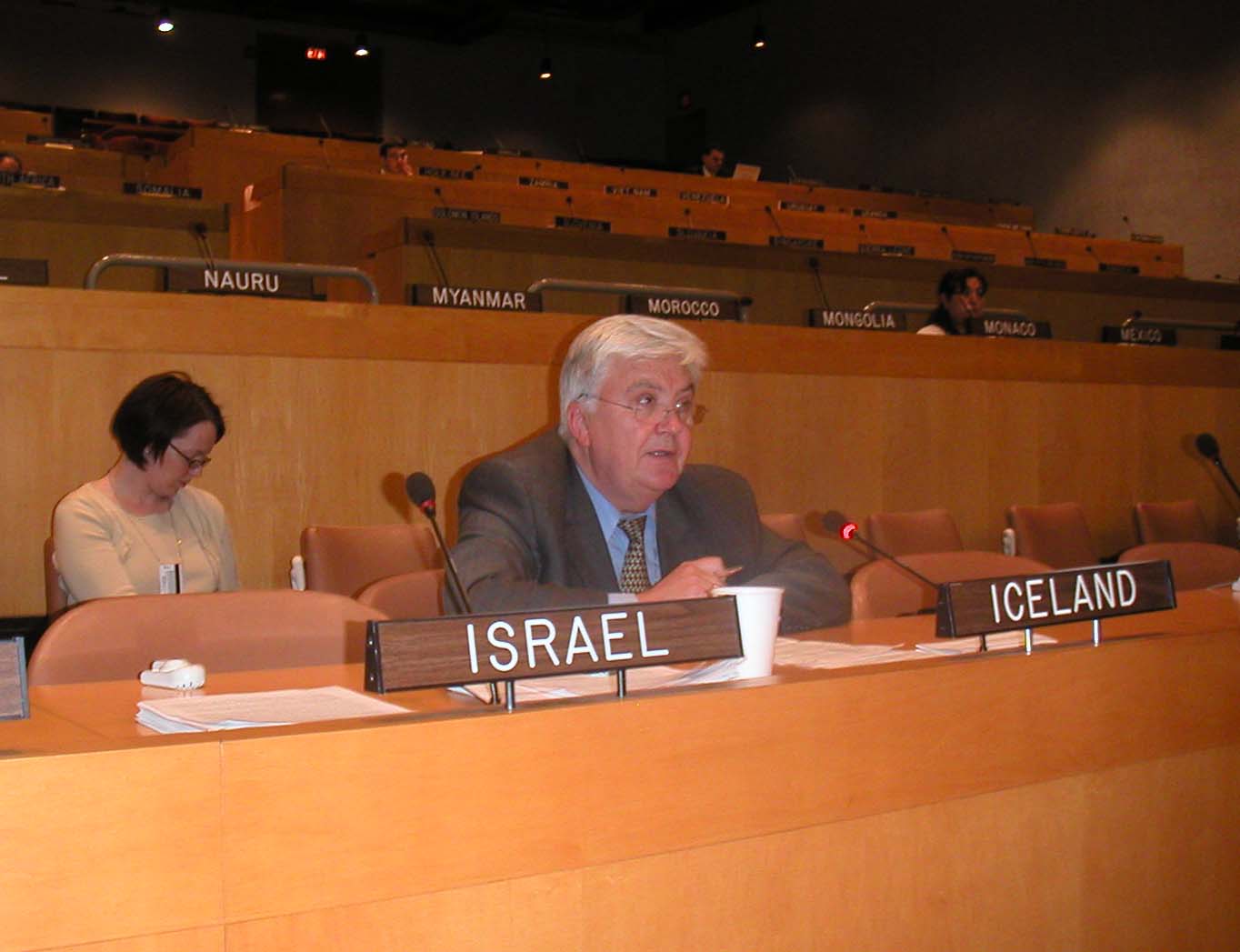Aðalfundur Efnahags- og félagsmálaráðs Sameinuðu þjóðanna (ECOSOC)
Economic and Social Council
Substantive session of 2004
General segment
Agenda item 7 (h)
16 July 2004
Thank you Mr. Vice President,
I will limit my comments to matters relating to agenda item 7 (h).
In recent decades the links have become increasingly clear between tobacco use, particularly in smoking, and a number of serious diseases, some of which are among the most common causes of death, as we see in the secretary general's report to ECOSOC introduced a few minutes ago. Iceland is faced with this problem just as other nations, as today tens of thousands of Icelanders are addicted to tobacco.
The effects of tobacco consumption in Iceland are clear from death statistics related to smoking. It is estimated that over the period 1998-2001 around 350 Icelanders have died each year from diseases related to smoking. This amounts to around 20% of all premature deaths in Iceland. We have established ambitious measures on tobacco control through progressive legislation against tobacco use and anti-tobacco public information.
Preventative measures against tobacco are not a simple matter. Essential is an agressive and continuous information campaign together with constant reminders of the damaging effects of tobacco consumption, targeted price measures and far-reaching legislation limiting the marketing and use of tobacco. A complete ban on direct and indirect tobacco advertising and other related marketing by tobacco producers is an essential component of such legislation. This has been done in Iceland through tobacco control legislation which bans direct and indirect advertising of tobacco. It is also illegal to have tobacco products visible at retail points in Iceland - indeed, tobacco producers have taken the Icelandic state to court on this issue, results of which are still pending.
Iceland was among the first countries to ban tobacco advertising in 1971. 1984 was a watershed in the development of tobacco legislation in Iceland with the passing of a framwork law not only banning advertising but also introducing severe restrictions on its sale and on smoking. In 1996 the proportion of revenues received from tobacco sales and going to protective measures was increased. State support for measures against tobacco consumption has been increased considerably and goes towards information campaigns in schools. Increased resources have made it possible to design new campaigns in schools and to publish progressive advertisements against tobacco and to strengthen cooperation with grass-roots organisations in the field.
The impact of tobacco legislation together with other measures on tobacco consumption is clear in the statistics. During the period 1984-2001 tobacco sales in Iceland fell by 42,5 % (measured in gram per person older than 15). The Government's public health progamme up to 2010, approved by parliament in 2001, aims to reduce to under 15% the smoking proportion of the population between the ages of 18-69.
Along with falling consumption due to measures by the authorities, a health dividend has also appeared. The frequncy of lung cancer in Iceland has fallen steadily in recent years.
Iceland has now ratified the WHO framework convention on tobacco control and Iceland welcomes and supports the initiative of Bangladesh to table a resolution during the general segment of the ECOSOC session under agenda item 7 (h). Iceland's Minister of Health has delcared his intention to present a bill to parliament introducing a complete ban on smoking in restaurants.
The damaging effects of smoking on health are uncontested. Research shows incontrovertible links between smoking and various serious diseases. Indeed, it is the second major cause of death in the world.
In Iceland we consider that it is the duty of the community to reduce smoking through proactive measures. There have been few projects which have been considered equally important to the health of our population. The aim of our legislation is to give a crystal clear message to the population on the dangers which smoking entails.
Thank you Mr. Vice President.

